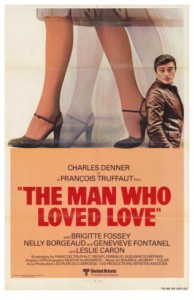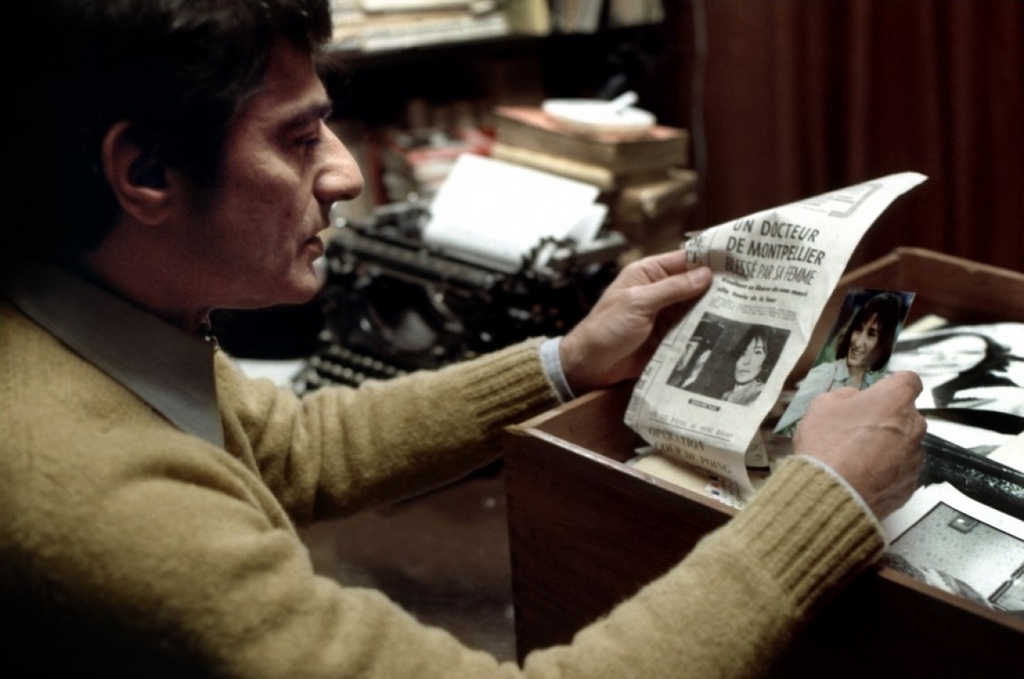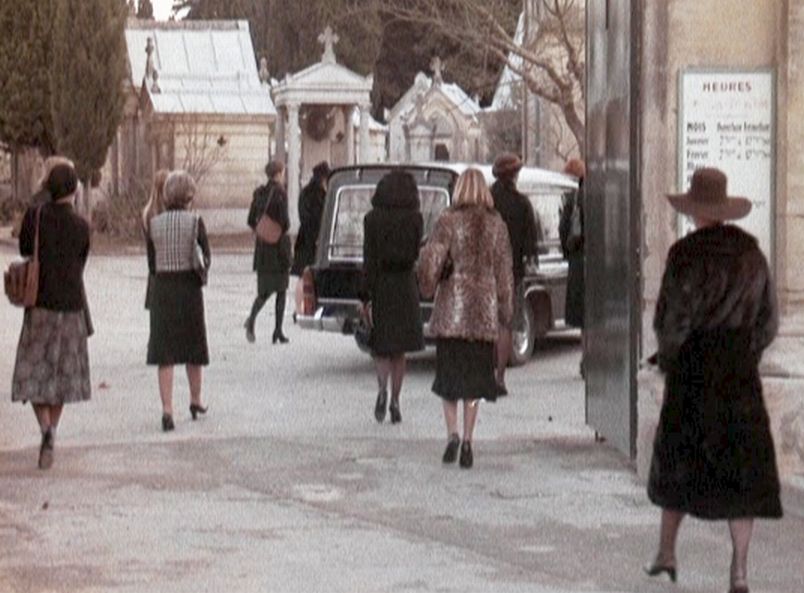Man Who Loved Women, The (1977)
“For me, nothing is more beautiful to see than a woman walking.”
|
Synopsis: |
|
Genres, Themes, Actors, and Directors:
Review: Unlike McQueen, however, Truffaut keeps the tone of his film relatively lighthearted throughout; Denner’s obsession with accumulating female partners (most of whom are young, attractive, and unrealistically willing to jump straight into bed with him) rules his life, but his doctor — after telling him he’s contracted gonorrhea — simply chuckles at his lusty spirit, and Denner’s pursuits continue. Most of the screenplay is dedicated to showing us the string of varied women Denner beds, as well as his attempt to get his “scandalous” memoirs published; along the way, Truffaut intersperses occasional flashbacks to Denner’s youth, showing how his neglectful mother (Marie-Jeanne Montfajon) may have played a part in his lifelong neurosis. While there’s nothing particularly offensive about any of this — one can’t help staying engaged in what’s happening on screen, given Truffaut’s intrinsic storytelling talents — the film as a whole isn’t one of Truffaut’s best, and ultimately isn’t must-see viewing for all film fanatics. Note: Leslie Caron shows up in a brief scene as — you guessed it — one of Denner’s former lovers, but her role is so small as to be considered a cameo. Redeeming Qualities and Moments: Must See? Links: |



One thought on “Man Who Loved Women, The (1977)”
Not a must – and one of Truffaut’s dullest films.
First viewing.
What is there to care about in this tedious, drawn-out breakdown of a man who simply covets female flesh? He’s empty and so is the film.
Even some of the potentially insightful things that certain characters say to him –
“…you just love the idea of love.”
“I see your problem. You hate women.”
“You often look preoccupied. Sometimes you even look like a killer.”
– are ultimately of no value since the main character refuses to pause for serious, fruitful self-exploration. Yes, he does write a book about his life, supposedly with the aim of self-discovery. But it ends up in much the way masturbation does.
When Truffaut realizes he has no way of illuminating the character or concluding the film, he resorts to tragedy.